Coming up: surprising high-protein foods, some of my favorite meals, helpful statistics, useful supplements, looking after your bones and muscles, and why protein is essential for women in perimenopause & menopause.
You’re reading this because you’re going through menopause.
… or, like me, you’re going through perimenopause.
Well, in this blog post, I’ve got some useful (but surprisingly simple!) tips for you.
👋 I’m Elaine Ellis: entrepreneur, mum of two, and founder of Sentro Labs.
I’m constantly on the hunt for the best foods and supplements for women’s health.
Like you, my body has gone through (and is going through!) some pretty significant changes:
I’ve faced chronic fatigue, mood swings, weight gain, metabolism shifts, muscle loss, and poor sleep. But, through it all, I’ve found many ways to manage these symptoms and stresses—including creating supplements with my husband at Sentro Labs.
But there’s one huge & simple lifestyle change that’s made a big difference for me: upping my protein. Here’s more:
Why is protein so important for women in perimenopause & menopause?
As oestrogen levels decline in perimenopause & menopause, a huge number of changes occur. Some of them include:
● We burn fewer calories: which can increase weight, and cause other problems associated with weight gain
● Bone strength declines, making joints and bones weaker—and making us more likely to lose strength, get injured, and develop osteoporosis
● We begin to lose muscle mass: our bodies weaken, and our metabolisms slow even further
● Blood sugar can fluctuate more, causing cravings, crashes and fatigue—and potentially interfering with weight control. This can also increase the chances of developing type 2 diabetes.
A while back, I did lots of reading and research—and realised I can offset the above symptoms (at least partially!) simply by upping my protein.
Eating more protein has LOADS of benefits for women like us. It:
● Helps to balance blood sugar and energy levels
● Encourages your body to lose fat, instead of losing muscle
● Keeps you fuller for longer, reducing overeating and cravings
● Supports collagen production—for healthy skin, hair, and joints
● Increases metabolism, helping you burn more calories even at rest
My favorite protein sources for menopause & perimenopause
Some of my favorite animal-based protein sources include:
● Salmon & other oily fish
● Lean beef & lamb
● Chicken & turkey
● Canned tuna
● Eggs
Some of my favorite plant-based protein sources include:
● Nuts & seeds
● Tofu & tempeh
● Lentils, beans & chickpeas
… and foods that have more protein than you’d expect include:
● Oats (11-13g of protein per 100g)
● Chia seeds (17g of protein per 100g)
● Cottage cheese (11-12g of protein per 100g)
● Yogurt (3-12g of protein per 100g. FAGE, or Yoplait’s Liberté, are best, with 10-12g protein per 100g)
I eat as many of the above as I can, as often as I can. For two main reasons:
- To keep things fun: no-one wants to eat the same thing every day. With the above, I can make soups, stews, salads, smoothie bowls, oat bowls, curries, brunches, breakfasts, sandwiches, and more.
- To ensure my nutritional intake is varied and diverse, so my body is getting plenty of different healthy fuel: like vitamins, minerals, probiotics, phytoestrogens, and omega-3s. All these are very useful for women in menopause & perimenopause.
To get the best benefits, I eat 20-40g of protein with every meal (and I also munch on protein-heavy snacks, like protein shakes, hard-boiled eggs, nuts, and chia puddings*).
*Eating regular protein throughout the day is especially important for reducing cravings, afternoon crashes, and energy dips. This in turn can help with mood, sleep, weight control, and blood sugar. Win win win!
How much protein should I be getting during menopause & perimenopause?
Women over 40 (like us!) should be eating around 1.2g–1.6g of protein per kilo of their body weight per day.
So, in simple terms: if you weigh 70kg (154 lbs), you should be eating 84g–112g of protein every day.
My favourite high-protein meals for menopause & perimenopause
I’ve already covered my favourite easy and nutritious breakfast here (I eat it most days!).
But some of my other go-to meals include:
● Protein smoothie with banana, chia seeds & almond butter (30-35g protein per serving)
● Salmon with roasted sweet potatoes & steamed greens (30-40g protein per serving)
● Stir-fried chicken with broccoli, cashews & brown rice (30-35g protein per serving)
● Turkey mince tacos with Greek yogurt & avocado (30-50g protein per serving)
● Chicken & vegetable korma, with brown rice (35-45g protein per serving)
● 3 scrambled eggs with spinach & feta (20-25g protein per serving)
Other ways to support your body during menopause & perimenopause
● Regular exercise: you already know all the major benefits—but exercise can also improve mood and sleep. And because exercise can increase muscle mass (especially combined with increased protein!), it can also help boost your metabolism.
● Controlling stress and sleep: I get 6-8 hours of sleep per night, I sleep in a dark quiet room, and I try to have a relatively regular sleeping pattern (although real life of course sometimes gets in the way). To control my stress, I practice meditation and yoga, and take Equilibrium. Featuring Ashwagandha, L-theanine and magnesium, it helps me to wind down, and it’s improved my sleep.
● Think more carefully about what you’re drinking: I’ve reduced both my caffeine and alcohol intake, and I get at least 6-8 glasses of water per day.
● I also take Harmony, which includes Vitamin D, magnesium bisglycinate, zinc bisglycinate, Vitamin B12, Vitamin B6, selenium, and Lion’s Mane. Because it's engineered specifically to help with the symptoms of menopause & perimenopause, it’s boosted my mood, energy, and gut health—and reduced my inflammation, stress levels, and fatigue.
See you next time!
So, there you go—that’s how protein can help offset some of the big changes we experience during menopause & perimenopause.
To sum up, the three big changes I’ve made are:
● Aiming for 1.2g–1.6g of protein per kilo of body weight per day
● Including high protein in every meal (and in snacks!)
● Eating a variety of protein sources
See you next time, for more on how I’m tackling perimenopause.
Thanks for reading,
Elaine x




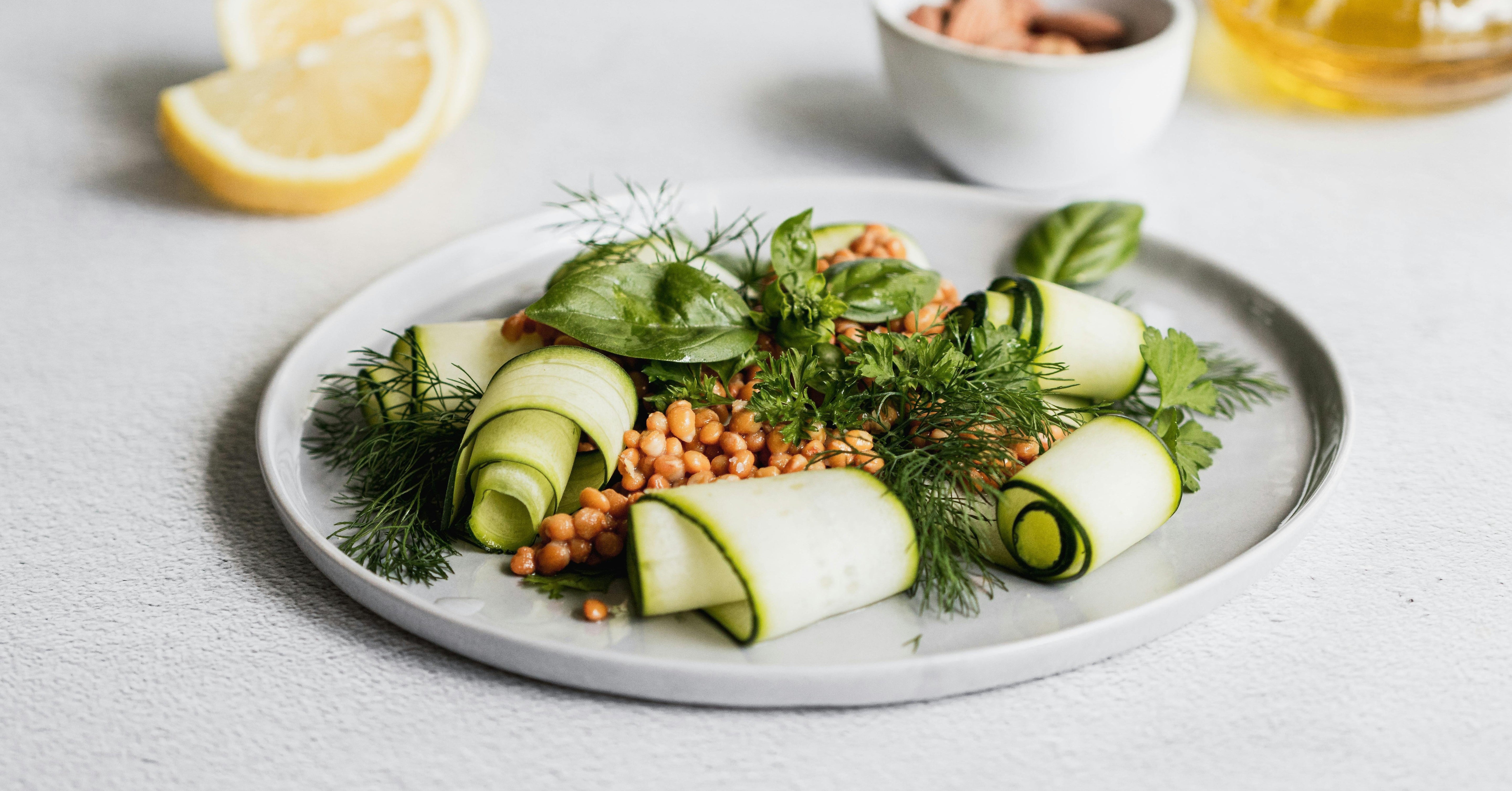
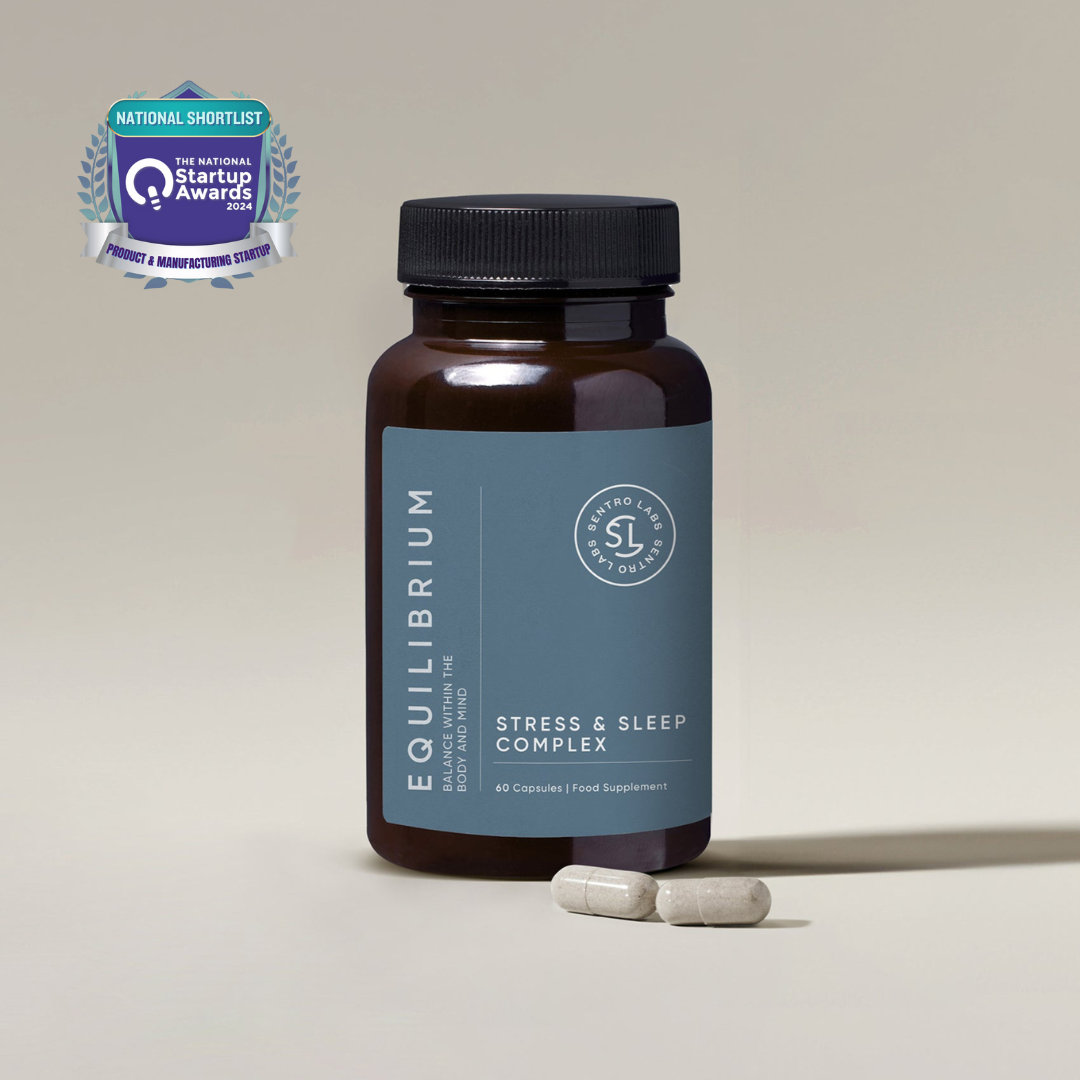


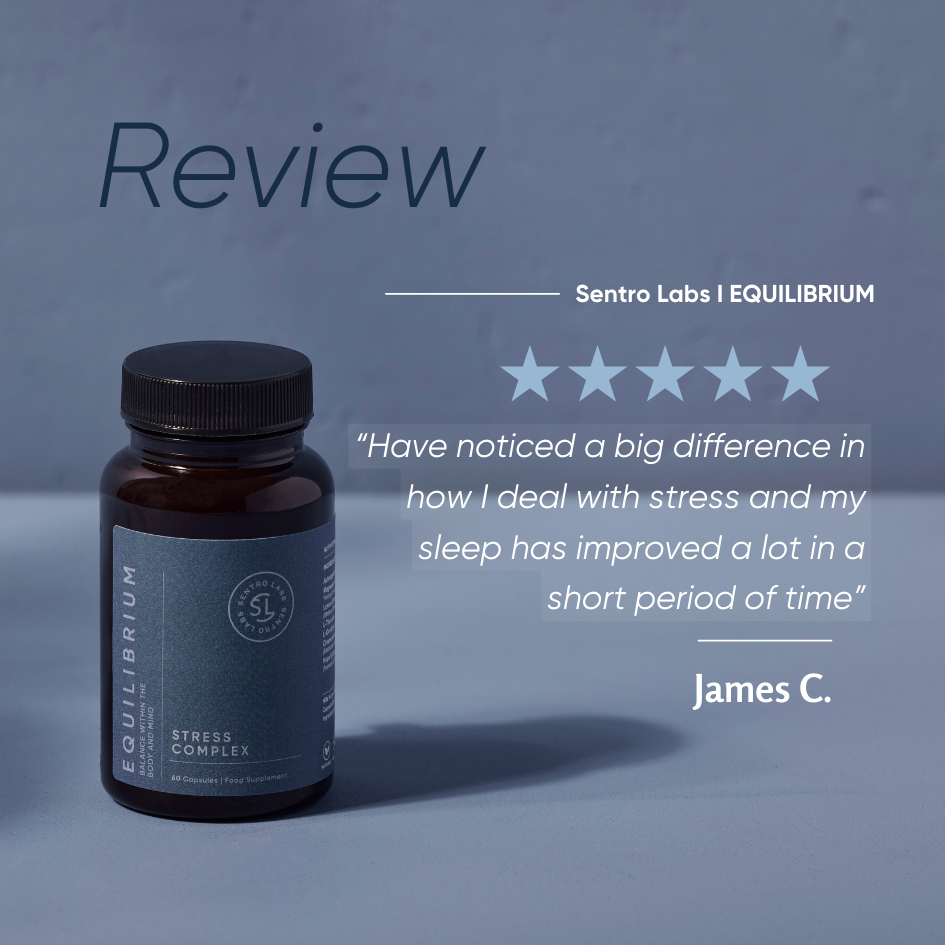
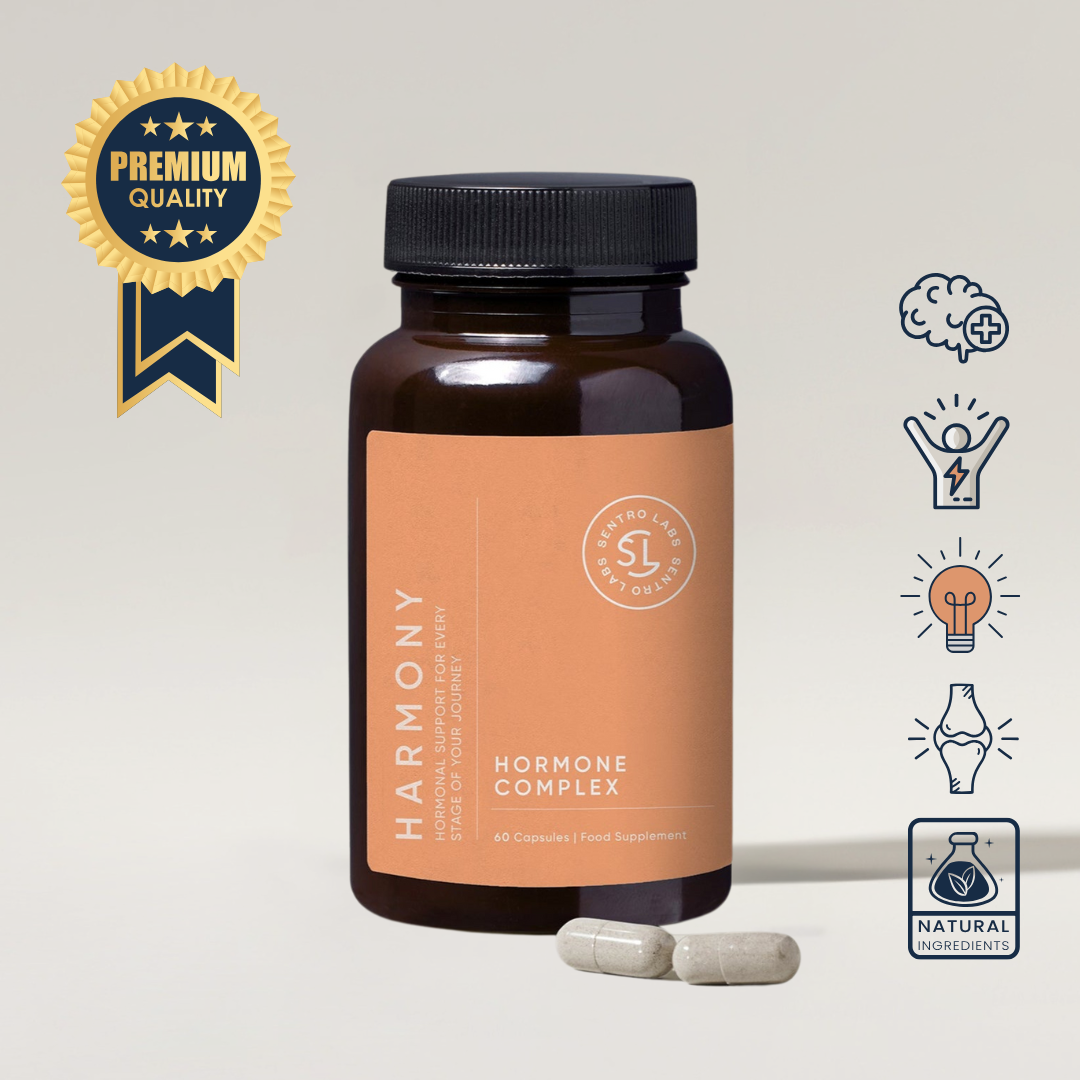


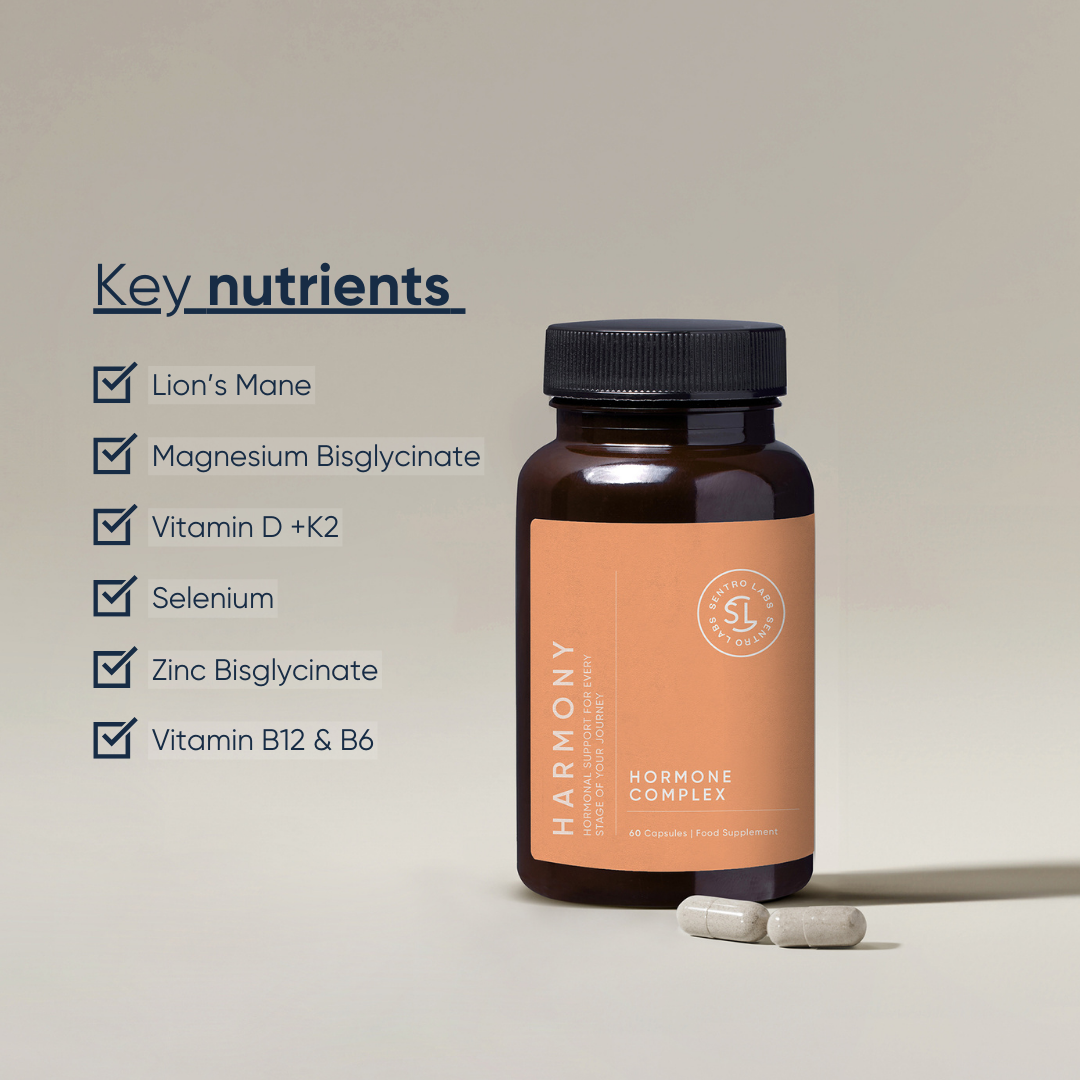
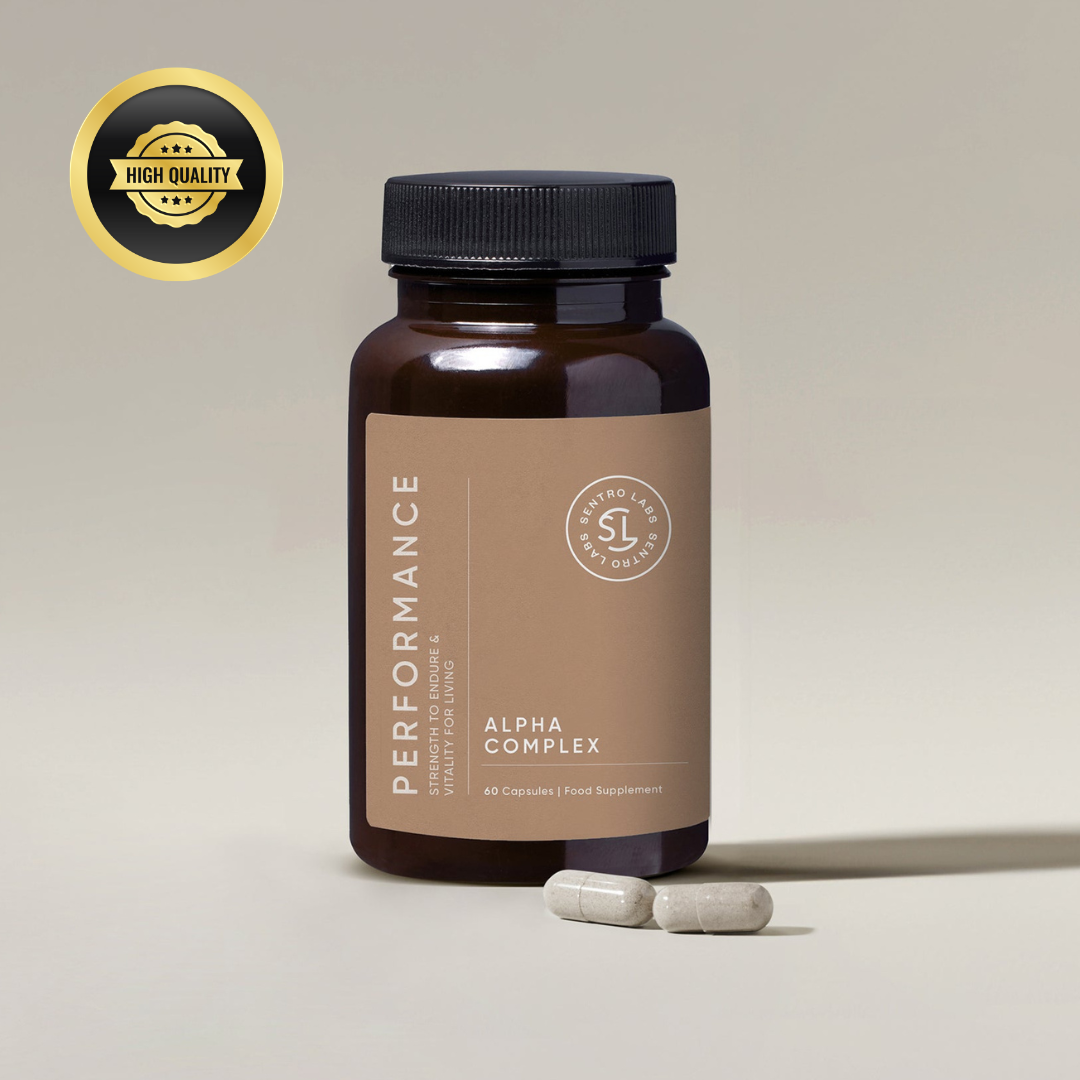
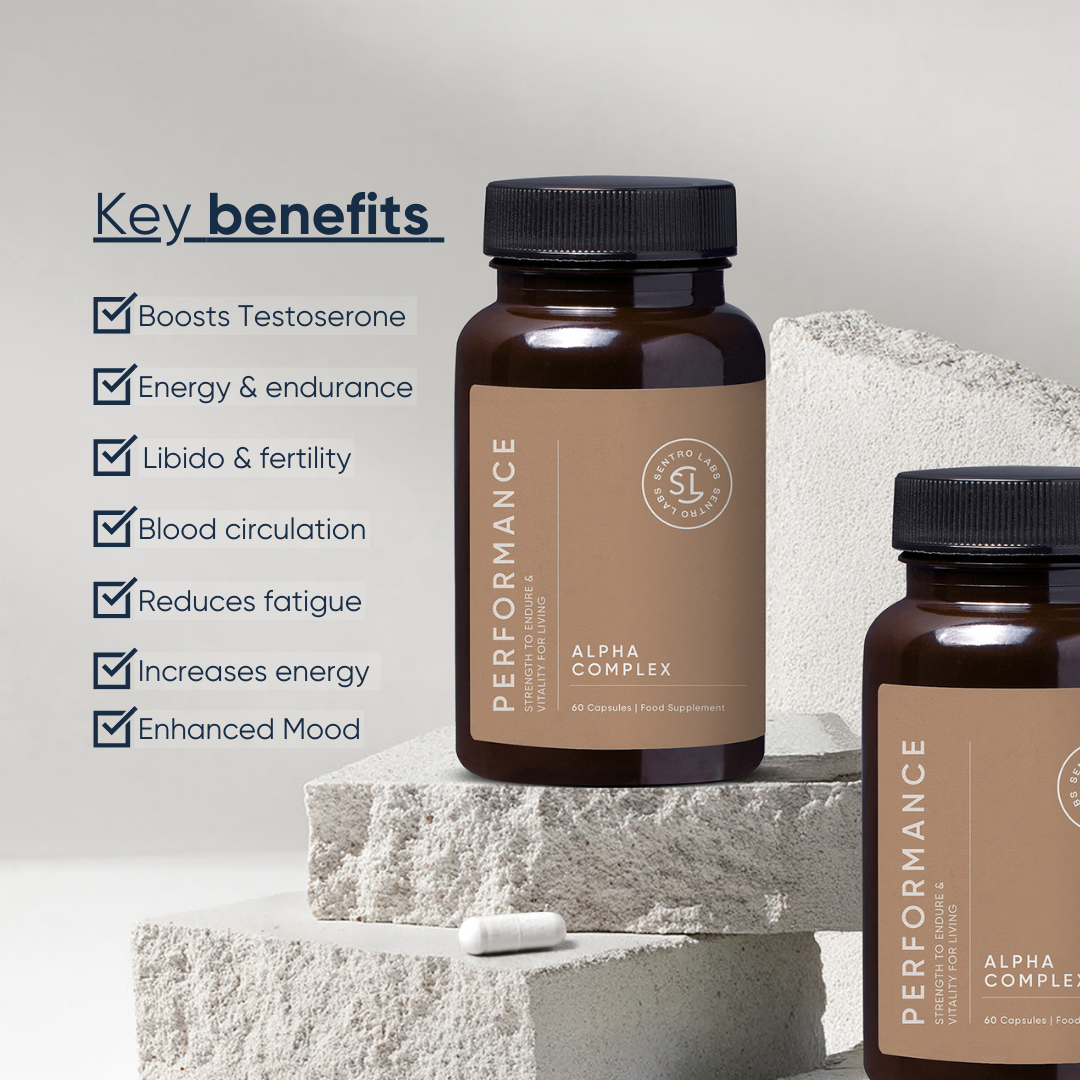
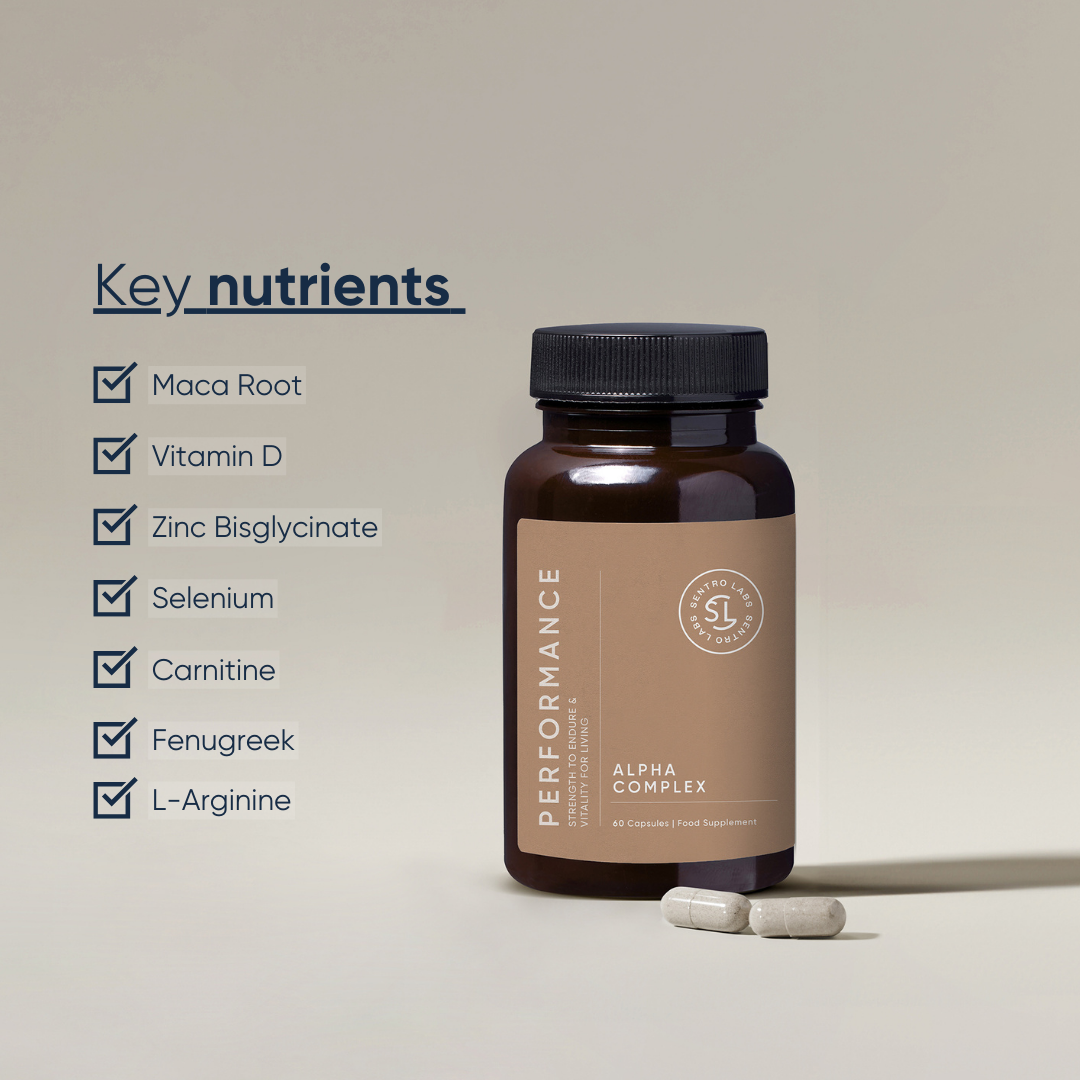
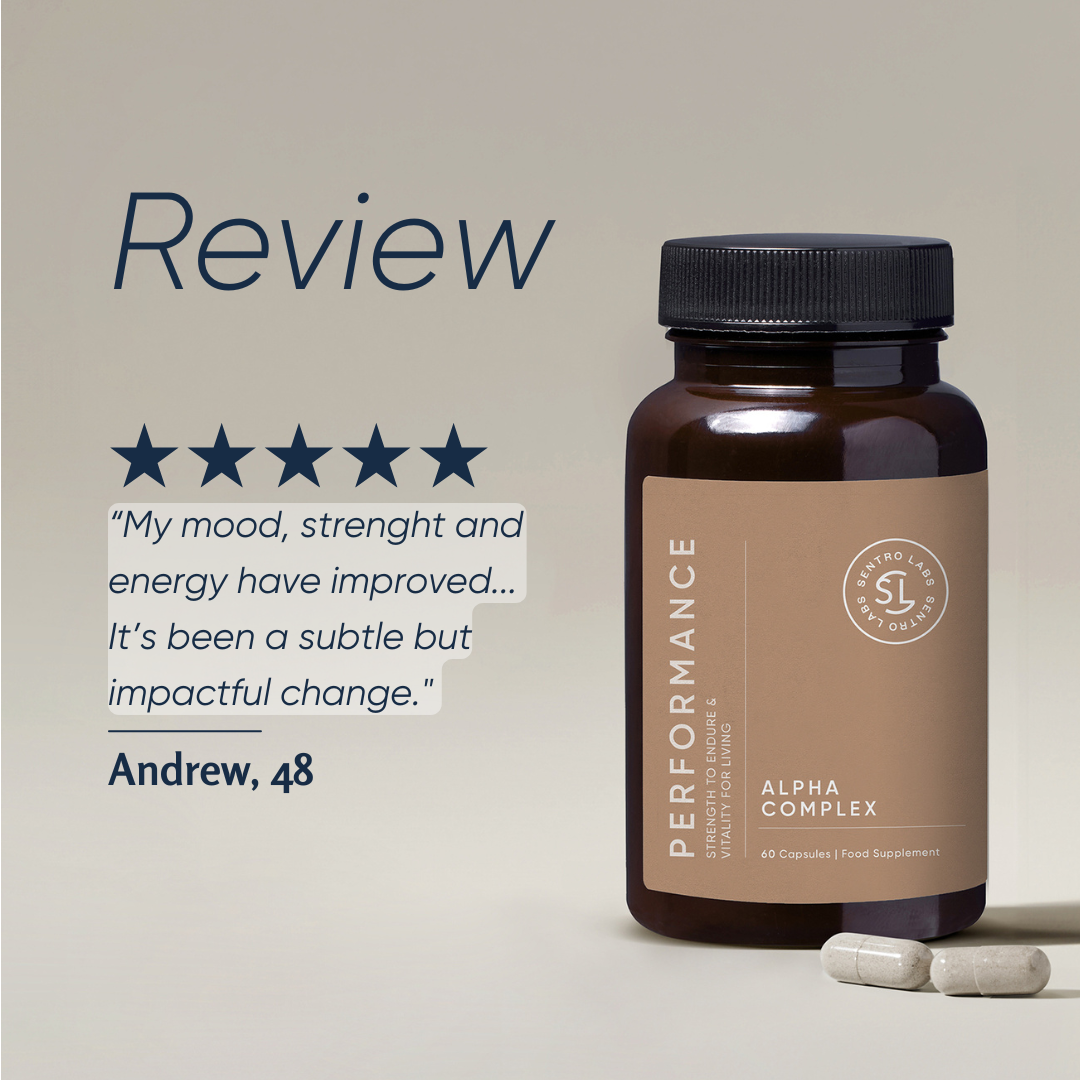

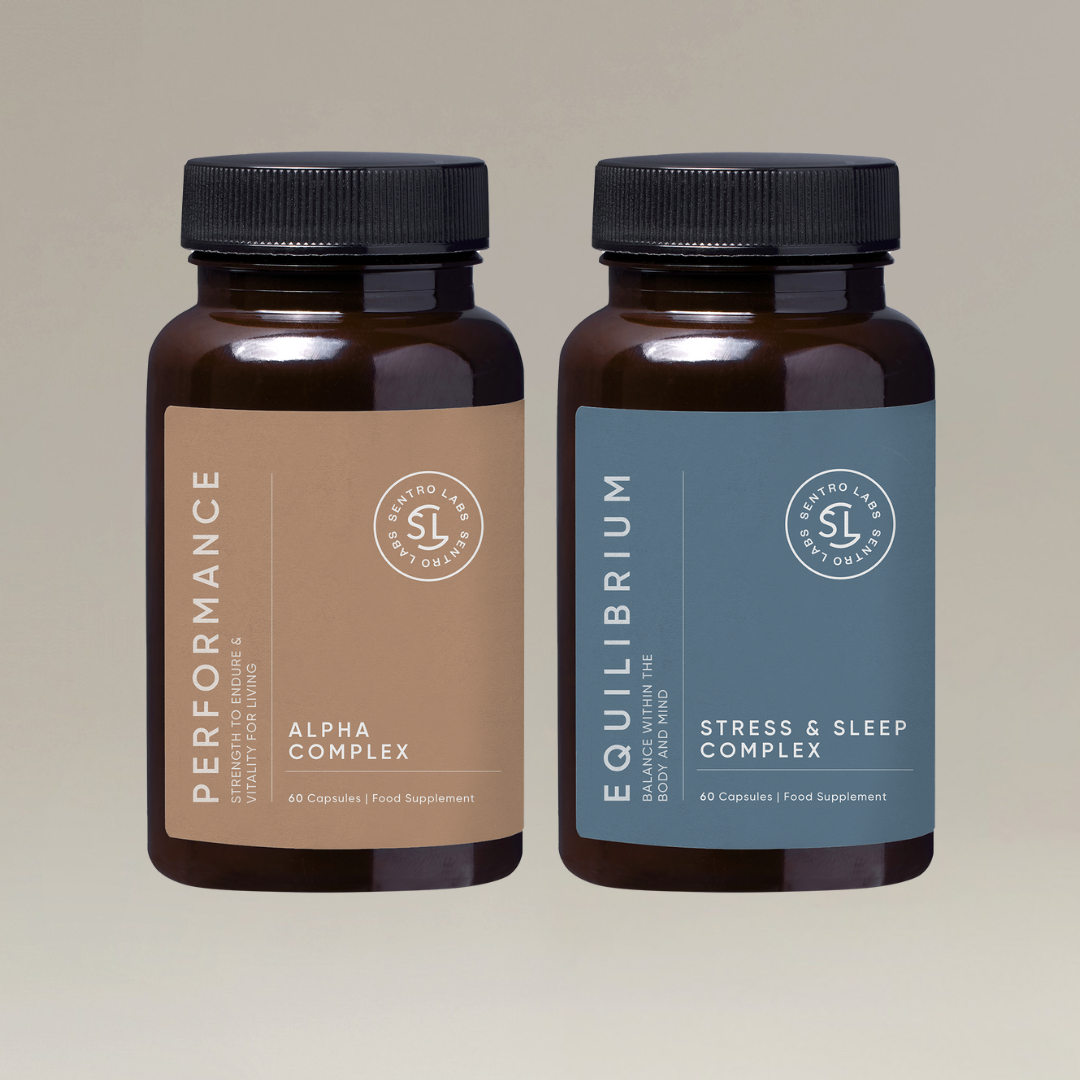
Share:
High-Protein Breakfast for Menopause & Perimenopause